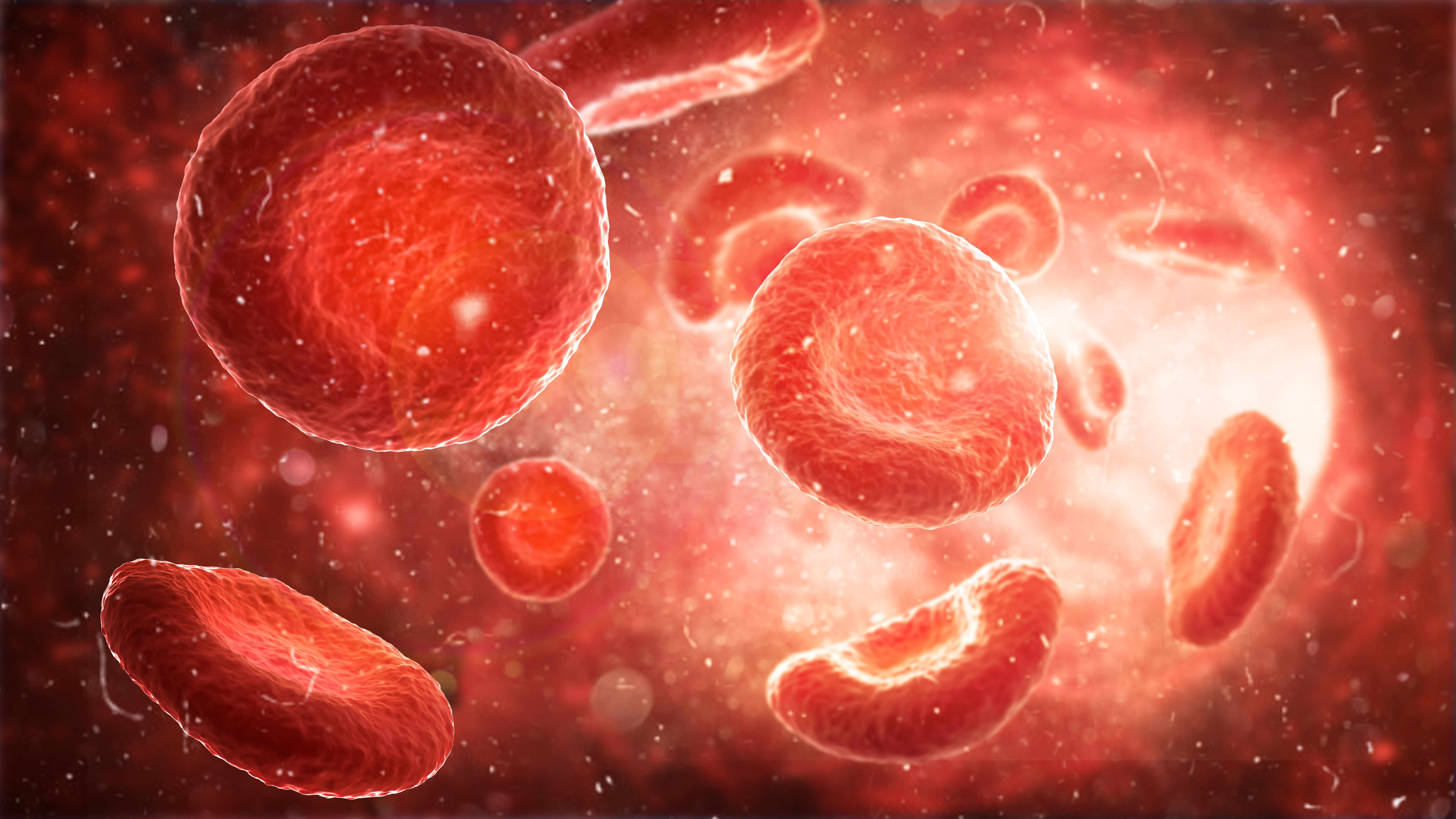FDA Clears IND Application of UB-VV111 in Hematologic Malignancies
The investigational new drug application for UB-VV111, potentially the first in situ generated CD19 CAR T-cell therapy, has been cleared by the FDA, and a phase 1 trial in hematologic malignancies will begin.

- The FDA cleared the investigational new drug (IND) application for UB-VV111 for the potential treatment of hematologic malignancies.
- UB-VV111 is a CD19-directed in situ chimeric antigen receptor (CAR) T-cell therapy.
- A phase 1 trial of the agent plans to dose its first patient by end of 2024.
The IND application for UB-VV111, a gene therapy that generates CD19 CAR T-cells in situ for the potential treatment of patients with hematologic malignancies, has been granted clearance by the FDA.1
UB-VV111 is a gene therapy that uses a lentiviral vector, developed from Umoja’s VivoVecTM platform. The therapy is made of a viral envelope engineered at the surface level. UB-VV111 carries a transgene that encodes for an anti-CD19 CAR and a rapamycin-activated cytokine receptor (RACRTM). RACRTM is designed to enhance and enrich CAR T cells that are modified by UB-VV111 in the body.
The CAR T is currently being investigated for its efficacy in treating various B-cell malignancies, such as large B-cell lymphoma (LBCL) and chronic lymphocytic leukemia (CLL). Notably, UB-VV111 is the first asset from the VivoVecTM gene delivery platform to enter the clinic.
Red blood cells: © vipman4 - stock.adobe.com

“The IND clearance for UB-VV111 is a significant milestone in Umoja’s mission to develop off-the-shelf therapies that overcome the limitations of current ex vivo cellular immunotherapies,” Andrew Scharenberg, MD, co-founder and chief executive officer of Umoja, said in a press release. “We are proud to be a leader of the in vivo space, aiming to remove many of the barriers and challenges of early-generation ex vivo CAR T-cell therapies, from the difficult, lengthy, and costly manufacturing process to the arduous administration experience. Physicians and patients have been waiting for something better and we are excited to initiate our first clinical trial.”
A phase 1 study evaluating the agent plans to begin and dose its first patient by the end of 2024. The study will be a dose-escalation and confirmation trial evaluating the safety, tolerability, and clinical antitumor activity of UB-VV111 in patients with relapsed/refractory LBCL and CLL that are both CAR T-naive and CAR T-treated.
Previously, in January 2024, Umoja Biopharma along with AbbVie announced 2 exclusive option and license agreements to create a variety of in situ generated CAR T-cell therapy candidates in oncology, as well as potentially in immunology. Per the agreement, AbbVie has an exclusive option to license CD19-directed in situ generated CAR T-cell therapy candidates from Umoja Biopharma, including UB-VV111.2